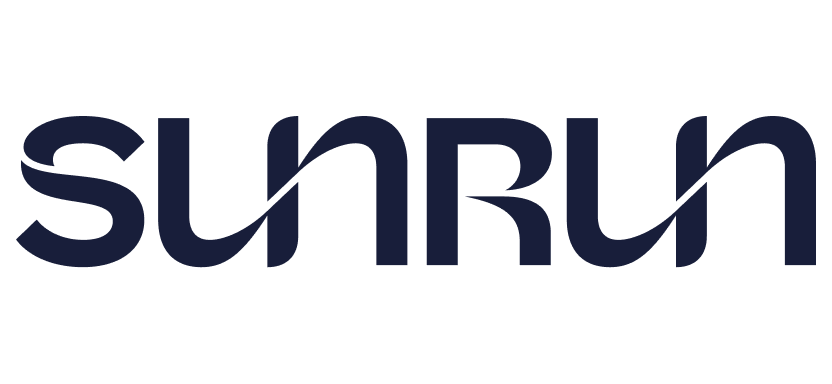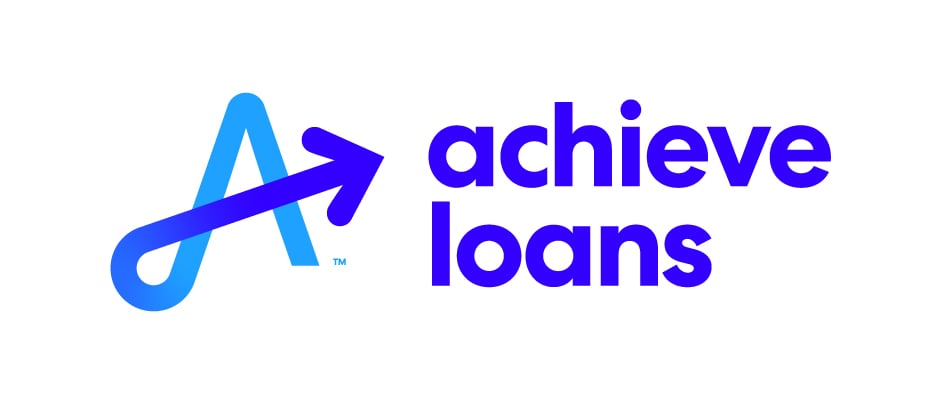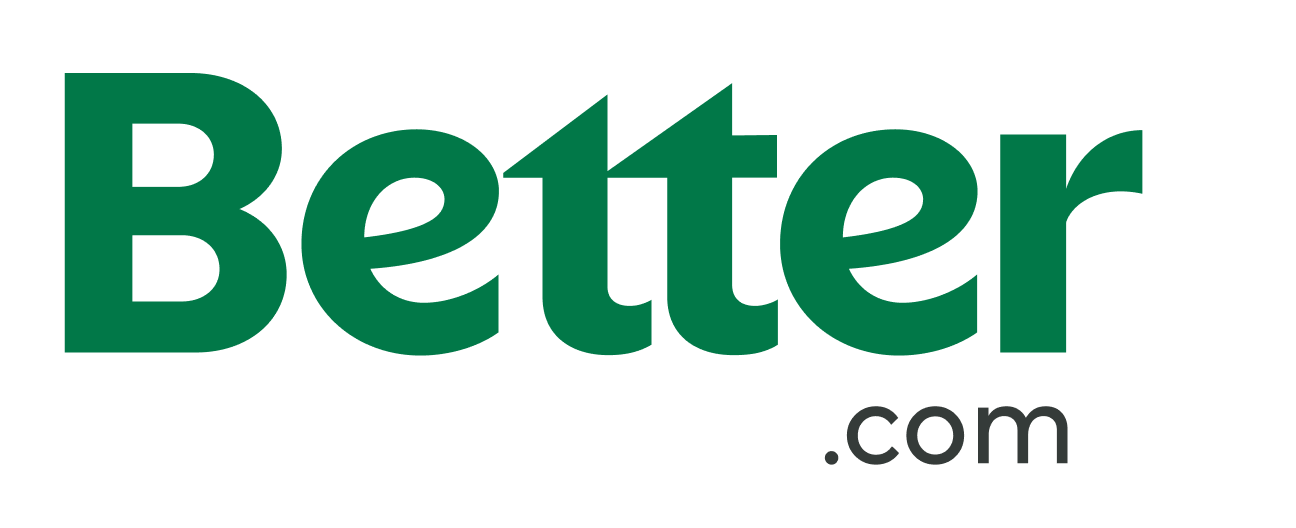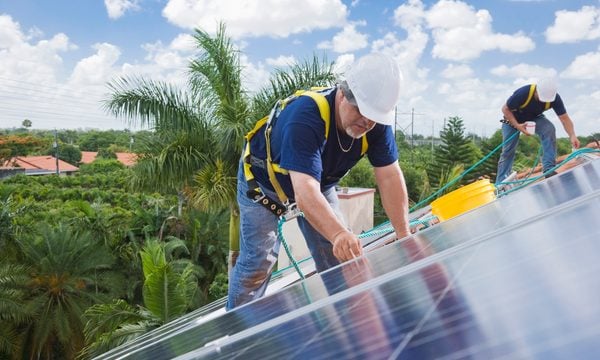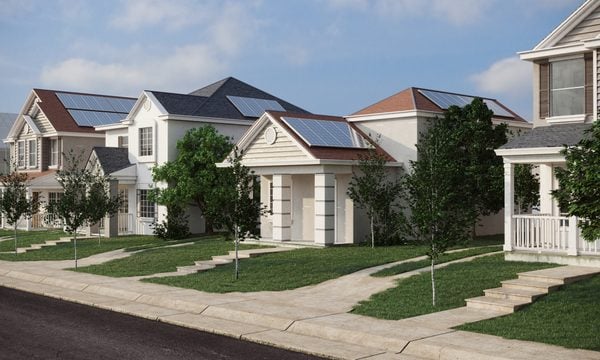‘Free Solar Panels’ Aren’t Really Free
“Free” solar panel offers are actually leases, power purchase agreements, loans or scams.
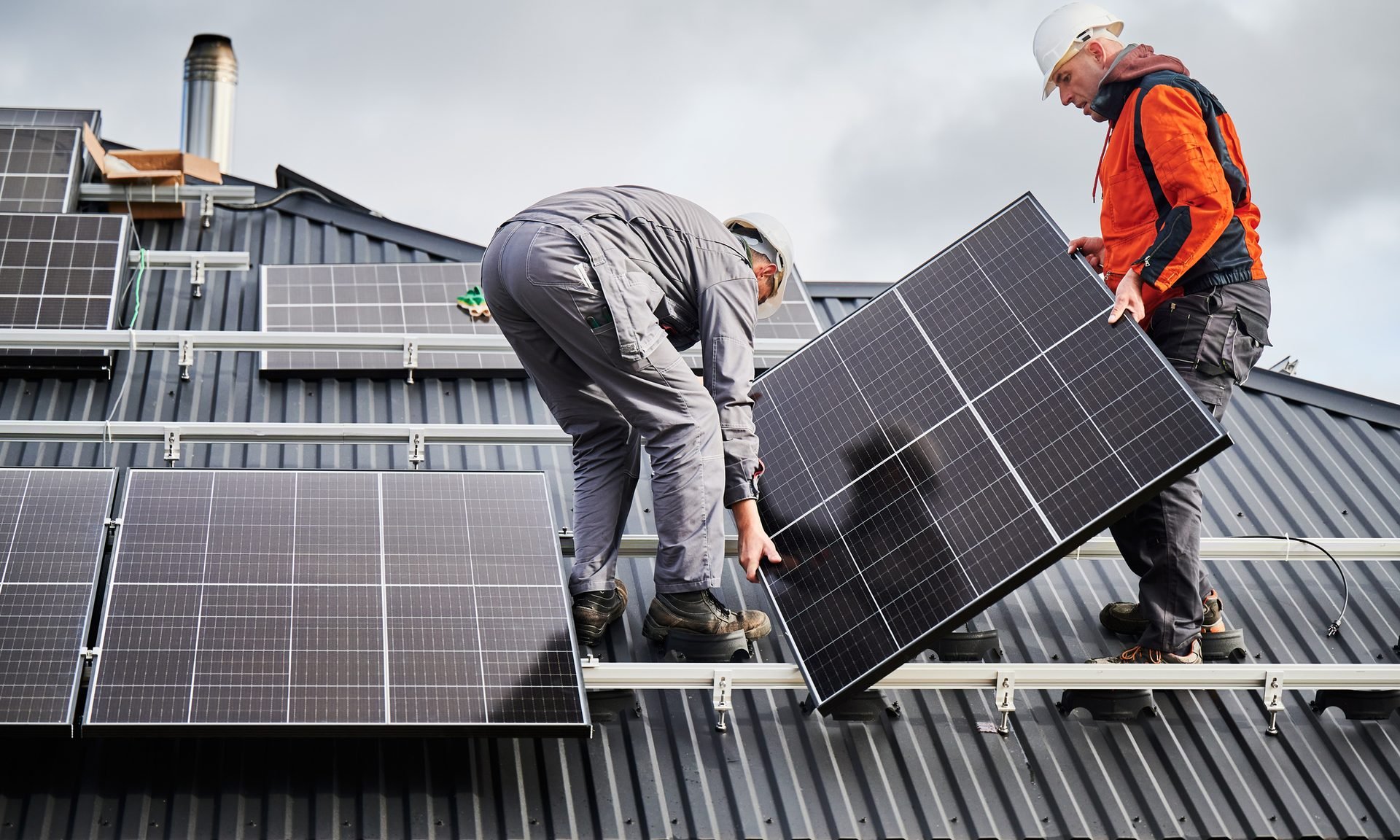
Some or all of the mortgage lenders featured on our site are advertising partners of NerdWallet, but this does not influence our evaluations, lender star ratings or the order in which lenders are listed on the page. Our opinions are our own. Here is a list of our partners.
There’s no such thing as free solar panels. The federal government doesn’t have programs for free solar installation, and it doesn’t require companies to provide free solar panels . Most free solar panel offers are actually solar leases, power purchase agreements, $0 down financing — or sometimes outright scams.
» MORE: Best solar companies of 2024
The truth about 'free' solar panels
Ads and promotional emails for free solar panels abound, but beware — unless you’ve received solar panels as a gift from a friend or charity, there are no solar panels out there just free for the taking.
Some free solar offers are scams that aim to collect your personal data during the process of determining your eligibility for services or working up a price quote — and these unscrupulous outfits also may use installers who are unlicensed and/or lack certification from the North American Board of Certified Energy Practitioners.
Other free solar offers are typically actually solar leases, power purchase agreements (PPAs) or $0-down financing. These arrangements give you the option to go solar with no upfront cost, but you’ll be paying later. Here’s how they work.
» MORE: Pros and cons of solar panels
Solar leases
Much like renting a vehicle with a no-money-down promotion, when you sign a solar lease contract, typically you’ll get solar panels installed with no money due upfront. However, then you’ll have to make monthly payments for the term of the lease, which could be as long as 20 or 25 years .
Pros
- No money down.
- Usually easier approval than conventional financing.
- The system provider is usually responsible for maintenance and repairs.
Cons
- Your lease payments may offset some or all of your savings on your electric bill. Also, leases often have built-in annual payment increases.
- You won’t qualify for federal tax credits or other incentives because you don’t own the solar panels; you’re only leasing them .
- Early termination fees.
- Can make it difficult to sell your home and may even lower your home’s value if buyers don’t want to assume the lease, which could leave the homeowner having to buy out the lease or pay early termination fees.
- Although you may have the option to buy the panels at a discount at the end of the lease, leases are so long that the panels may be at the end of their useful life.
- Unsatisfactory customer service may be an issue.
- Some solar leasing companies may use low-quality equipment and substandard installations.
» MORE: How long do solar panels last?
Who owns it?
The solar company owns the solar panels and system.
What you pay
The average monthly solar lease payment varies by leasing company, energy use, credit score and location. Whatever your starting payment, it’s likely the amount will rise over the course of your lease because increases are often built into the contracts.
Best for
Those who want no-money-down solar, don’t plan to move anytime soon and don’t qualify for solar loans.
Power purchase agreements (PPAs)
PPAs are like leases, except you don’t pay a fixed monthly fee. Instead, you pay only for the actual electricity the solar panels generate each month — much like you’d pay for grid electricity, but typically at a much lower rate than what your utility would charge. PPA contracts can run as long as 25 years .
Pros
- Go solar with no money upfront.
- Pay only for the solar electricity you use.
- System provider is responsible for maintenance/repairs.
- Easier approval than conventional financing.
- Purchase electricity for less than what your utility company would charge.
Cons
- You don’t own the solar panels, so you won’t qualify for a federal tax credit or other incentives.
- Contracts are up to 25 years long and often have early termination penalties.
- Contracts may contain incremental price increases over time.
- Can make it difficult to sell your home because buyer typically must assume the remainder of your contract.
- May involve low-quality equipment and poor-quality installations.
- Possible customer service issues.
- Not available in every state.
- Fluctuating payments may make budgeting difficult for some people.
» MORE: Pros and cons of solar shingles
Who owns it?
The solar company that provides the PPA.
What you pay
Varies depending on how much electricity you generate, contracted price per kilowatt-hour, location and PPA provider. Prices per kilowatt-hour are typically lower than your utility would charge you; however, increases are often built into PPA contracts. This means variable payments will likely rise over the course of the agreement.
Best for
Those who want no-money-down solar, don’t mind fluctuating payments, don’t qualify for $0-down solar loans and don’t plan to move anytime soon.
$0-down solar financing agreements
These solar financing agreements are fixed-rate loans from conventional lenders with no money down required (100% financing). You make fixed monthly payments until your loan is paid off, and the solar loan term may be as long as 25 years. Once you pay off your solar loan, you own the panels, free and clear.
Pros
- Go solar with no money down.
- You may qualify for a federal tax credit and state incentives.
- Can increase your home’s value.
- May make your home sale easier because you can sell it with the panels in place or take them with you when you move.
- Fixed loan payments typically never increase.
- Loan payments should be lower than your electric bill.
- The solar power you generate is yours to use, store in a solar battery or feed back to the grid for credit on your bill .
Cons
- Stricter eligibility requirements; not everyone can qualify for $0-down financing.
- As the owner, you may be responsible for the maintenance.
» MORE: How solar inverters work
Who owns it?
The homeowner owns the solar panels and related equipment.
What you pay
You pay the total purchase price of your solar system plus interest, divided into equal monthly payments that last for the duration of your loan term. Depending on your location and the wattage of your solar panel system, the average purchase price of solar is $25,000 — with a normal range between $18,000 and $36,000 .
Best for
Homeowners with a good enough credit score to qualify for $0 down financing and who are willing to be responsible for the maintenance of the solar panels they own.
More ways to lower the cost of solar
Going solar is a major investment. Here are some ways to reduce your costs if you own your panels:
- Federal tax credit: If you own your solar panels and install them between 2019 and 2034, you may qualify for a federal tax credit of up to 30% of your purchase price, depending on your year of installation .
- State tax credits and exemptions: Depending on where you live, you may qualify for a state tax credit for a percentage of the purchase price of your solar system, a rebate or a sales tax exemption. Programs and amounts vary by state. To find incentives available in your state, visit North Carolina State University’s NC Clean Energy Technology Center’s DSIRE database.
- Solar renewable energy certificates (SRECs): Solar owners can earn one SREC for every 1,000 kilowatts of energy their solar panels produce. Owners can then sell these to local utilities or other businesses that support solar energy, and the income can be used to lower their electric bills. Currently SRECs aren’t available in all states. To find out if SRECs are offered in your state, visit SRECTrade’s database.
If solar ownership isn’t in your budget — or you rent but still want solar, consider joining a community solar project, which splits savings and benefits among members of the community. You can purchase a share, which costs more upfront but allows you to take advantage of ownership benefits such as the federal tax credit, or you can pay for a subscription, which doesn’t qualify for tax incentives or other ownership benefits but gives you access to the project’s clean solar energy. To find a community solar project in your area, download the National Renewable Energy Lab State Community Solar List at the Office of Energy Efficiency & Renewable Energy.
Can I get financing for a solar panel system?
In addition to tax incentives and rebates, there are options available. Many solar installers offer financing, but you may also be able to finance your solar investment through a home equity loan or home equity line of credit (HELOC). These options may have lower interest rates than financing with an installer, future opportunities for refinancing and possible tax benefits.
Home equity loans and HELOCs are ways to borrow against the value of your home, converting equity into cash. With a home equity loan, you receive a lump-sum payment and then pay it back at a fixed interest rate over an agreed period of time, typically from five to 30 years. HELOCs are more akin to a credit card, something you use as needed. You’ll usually have 10 years to draw from the line of credit, during which time you only have to pay interest, and after that you pay both the principal and interest. HELOC interest rates typically are variable, meaning your monthly payment could rise or fall over time. And with each of these options, you're using your home as collateral.
Advertisement
Min. credit score 600 | Min. credit score 600 |
Min. down payment N/A | Min. down payment N/A |
Another option is a solar loan. Many banks, credit unions and online lenders offer these to fund solar panels and installation, with amounts typically from $1,000 to $100,000, and annual percentage rates ranging from 6% to 36%. They function like a personal loan: you receive a lump sum and repay it in equal monthly installments over a set period, typically two to seven years. And unlike with home equity financing, there is no collateral required for a solar loan. This means your home or solar panels aren’t at risk if you miss payments, but you may have to pay late fees.
So, yes, you likely can get financing. If you go this route, compare interest rates, terms and fees with any financing package that a solar provider may offer you to ensure you get the best deal.
Frequently Asked Questions
How can I avoid being the victim of a “free solar” scam?
Be wary of solar reps who come to the door or call you on the phone, as well as those who use high-pressure sales tactics. Before signing a contract, thoroughly investigate solar companies’ track records, complaints and legal disputes — and be sure to reach out to multiple providers to get competing bids. Additionally, ask solar reps lots of questions. If they don’t know the answers, or don’t want to answer, those are definitely red flags.
How high does your credit score need to be for $0-down solar financing?
Individual lenders each have their own requirements, but typically you’ll need a FICO score of at least 640 to 660 to qualify.
How steep are the increases on solar leases?
You can expect annual increases in your monthly payments, typically 1% to 5%.
Article sources
NerdWallet writers are subject matter authorities who use primary,
trustworthy sources to inform their work, including peer-reviewed
studies, government websites, academic research and interviews with
industry experts. All content is fact-checked for accuracy, timeliness
and relevance. You can learn more about NerdWallet's high
standards for journalism by reading our
editorial guidelines.
- 1. U.S. Department of Energy. Free Solar Panels? Don’t Get Burned.. Accessed Apr 8, 2024.
- 2. New York State Attorney General. Going solar: Tips and considerations for homeowners. Accessed Apr 8, 2024.
- 3. U.S. Department of Energy. Homeowner’s Guide to the Federal Tax Credit for Solar Photovoltaics. Accessed Apr 8, 2024.
- 4. U.S. Department of Energy. Power Purchase Agreement. Accessed Apr 8, 2024.
- 5. Montgomery County, Maryland Office of Consumer Protection. Solar Financing. Accessed Apr 8, 2024.
- 6. Solar Energy Industries Association. Solar Industry Research Data. Accessed Apr 8, 2024.
- 7. Angi.com. How Much Does Solar Panel Installation Cost? [2024 Data]. Accessed Apr 8, 2024.
- 8. IRS.gov. About Form 5695, Residential Energy Credits. Accessed Apr 8, 2024.
More like this
Related articles
AD
Save On Solar Without the Middleman
Free Instant Quote
on Project Solar's website

AD

Save On Solar Without the Middleman
- $750 OFF install with NerdWallet;
- SolarCare™: top-tier warranty & 25-year production guarantee;
- No sales commissions mean premium equipment & tech at up to half the price.
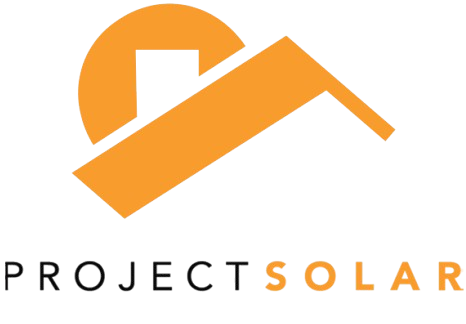
Free Instant Quote
on Project Solar's website



